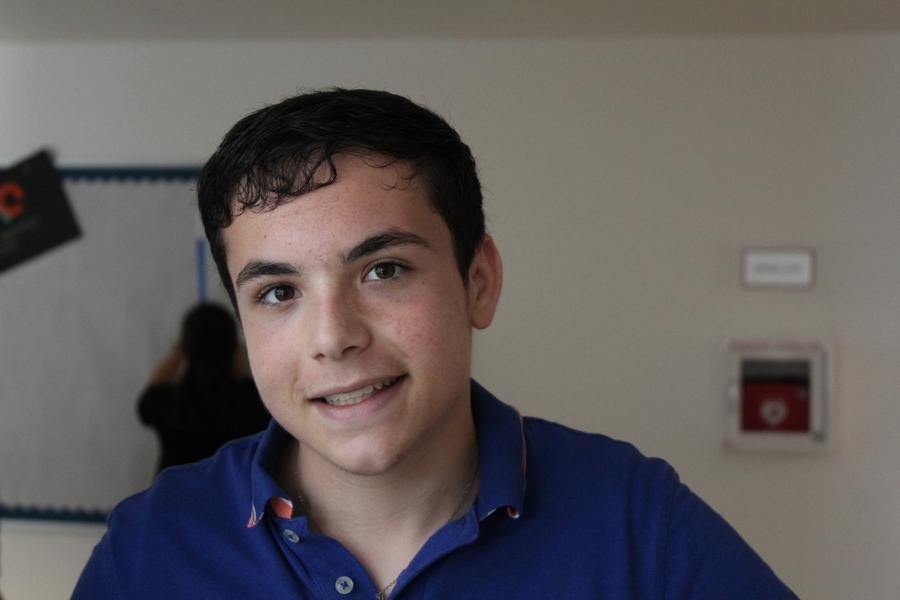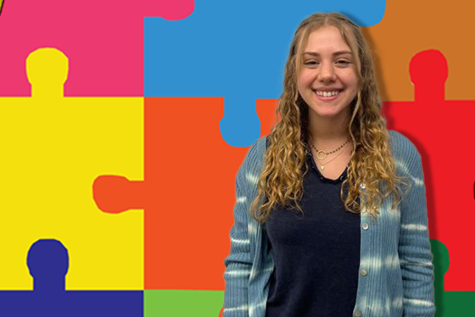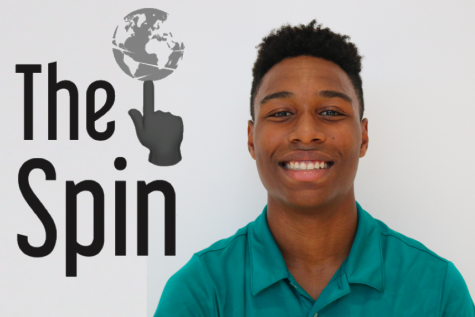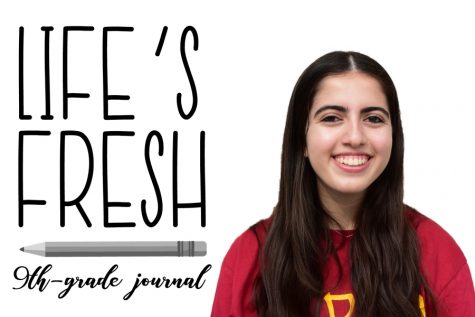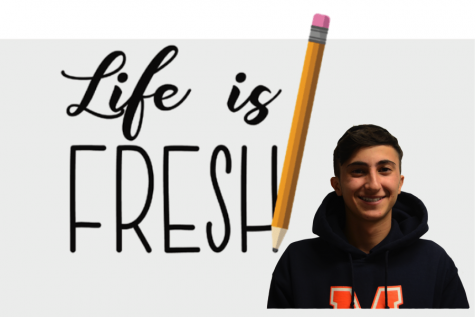Page Three: The ‘wow’ that we want
Wow. That was the word I and many of my fellow classmates during our freshman year would use to describe our first Town Hall. The topic was in no way memorable, the comments were average and a good portion of the room seemed to be lost in a different dimension.
But nevertheless, something about Town Hall was captivating.
Over the years, though, it has been the ideological root of Town Hall that enamored me more than the discussion itself. The freedom of expression, speech, a feeling of equality between faculty, administration and student body and the glorious ideals of democracy and changing the bitter status quo became the hallmarks of my Town Hall.
Little by little though the golden pedestal upon which Town Hall rested in my mind began to rust and along with it, my opinion of the effectiveness of the Just community. Maybe this happens to everyone as they get older. Or maybe it was further exacerbated when invited speakers began to replace Town Hall, sometimes for weeks at a time, and a sense that we’re accomplishing nothing for our community.
At the end of 11th grade, I ran for Agenda Chair, yearning to remake Town Hall in the golden image I once saw it in and with a strong desire to accomplish much through Town Hall. But I came in dead last.
I do believe that our new Agenda Chair, Bennett Schneier, will succeed in shaking up Town Hall for the better. Still the last three years have left me wondering what the function of the Just Community is, and whether we as a school succeeding in accomplishing it.
To me, the combination of the Fairness and Agenda committees are meant to provide a safety net for the student body.
A sort of insurance that guaranteed every student’s hope to change the predicaments they face at school. To counteract the feeling of voicelessness that many high school students sometimes feel and bridge the divide between the teachers and students through cooperation and honest communication.
Increasingly, though, the Fairness Committee seems to have become taboo. Though faculty members report otherwise, students still think teachers will be offended if fairness is used against them — they will feel attacked and be defensive and rather than solving a student’s problem,
Fairness would actually cause the student further damage.
Additionally, the thought is that using Fairness as an avenue for perceived “justice” requires sacrificing any hope of a relationship with that teacher. For all these reasons, Fairness is seen as a last resort.
Meanwhile, Town Hall has become less about changing school policy and more about the discussion of moral dilemmas. Students deserve some blame for this because of not submitting proposals. But whatever the causes, Town Hall has become a place where one can share their opinions freely but where there is no practical impact to what is said. No change, simply the freedom to express thought.
In that sense, Town Hall has morphed into a sort of giant “think tank” rather than a part of a functioning student government. A trend I had hoped I could help change as Agenda Chair but now cannot.
To be truthful, I am unsure about this and I don’t know what impact this shift will have.
However, it is clear that currently our student government has become a facade, focusing on critical thinking and deep moral questioning rather than filling its intended role as an avenue for true change. Before we trek too far down this path, we owe it to ourselves to take a good look around and ask if this is what we want, before we fall so far down this rabbit hole that we cannot find our way back up.

